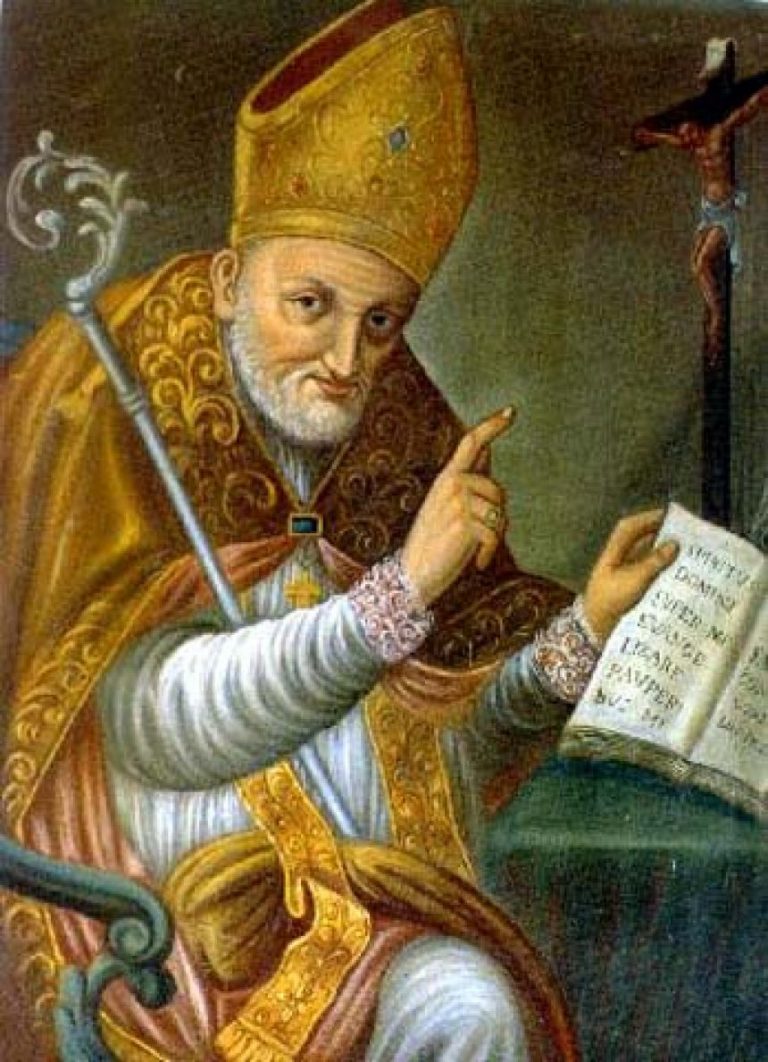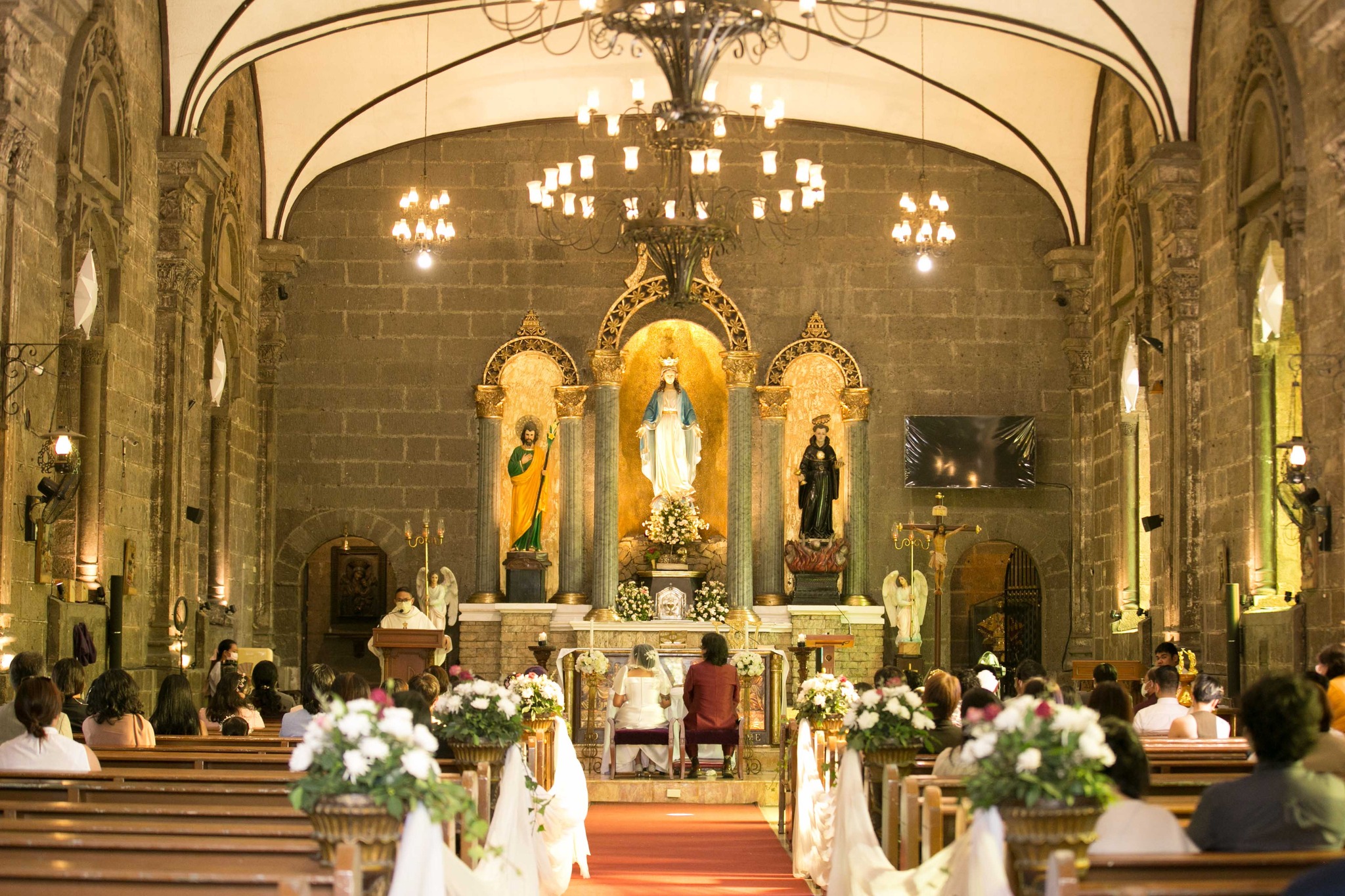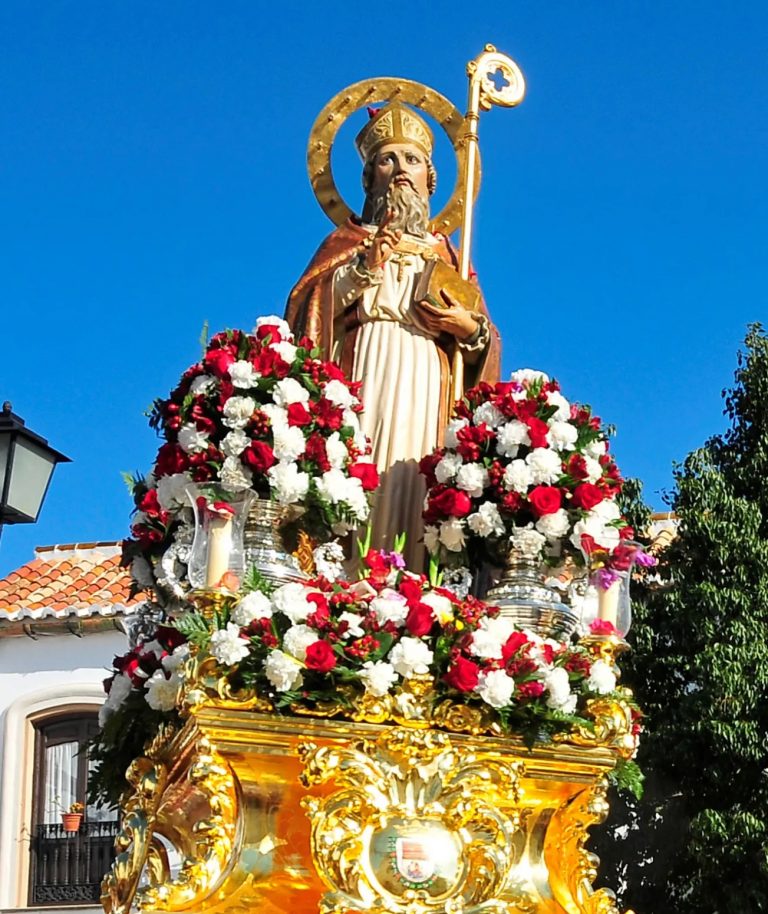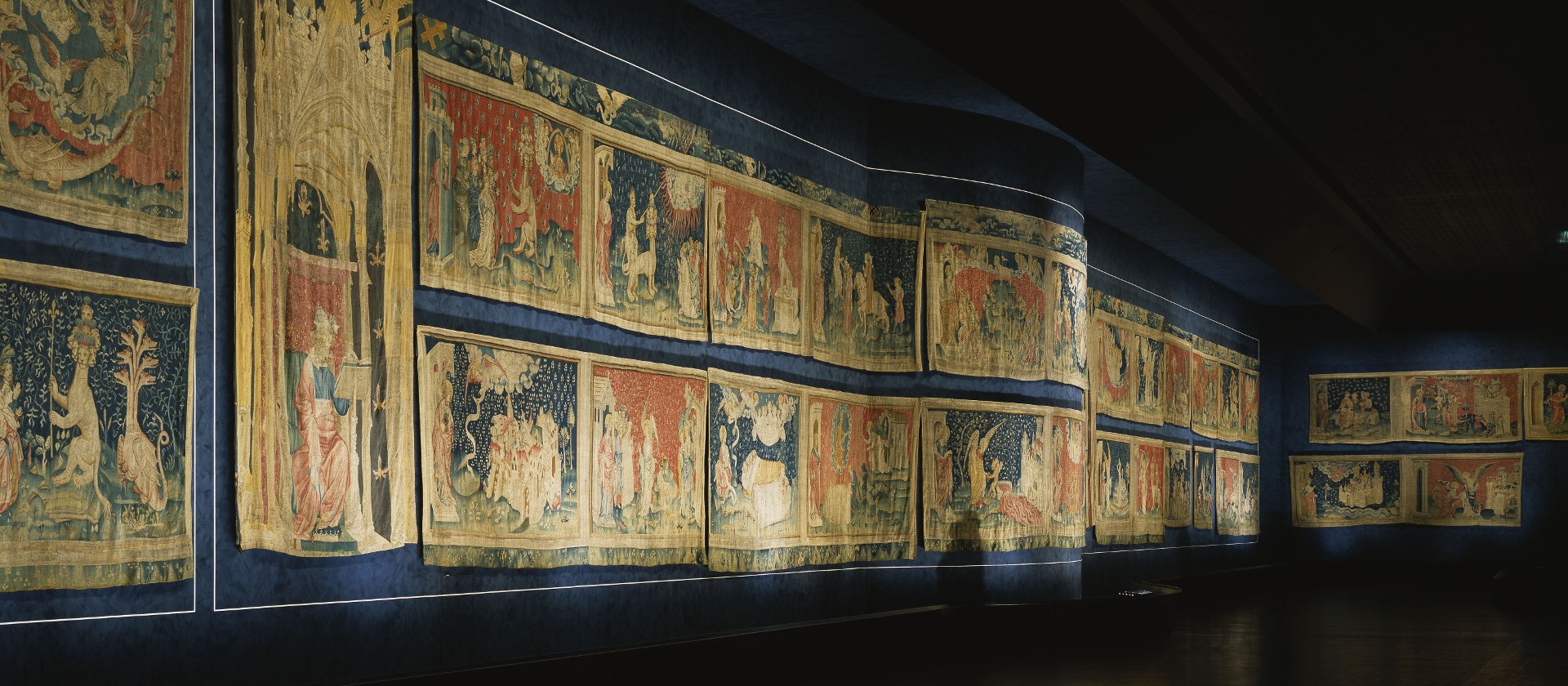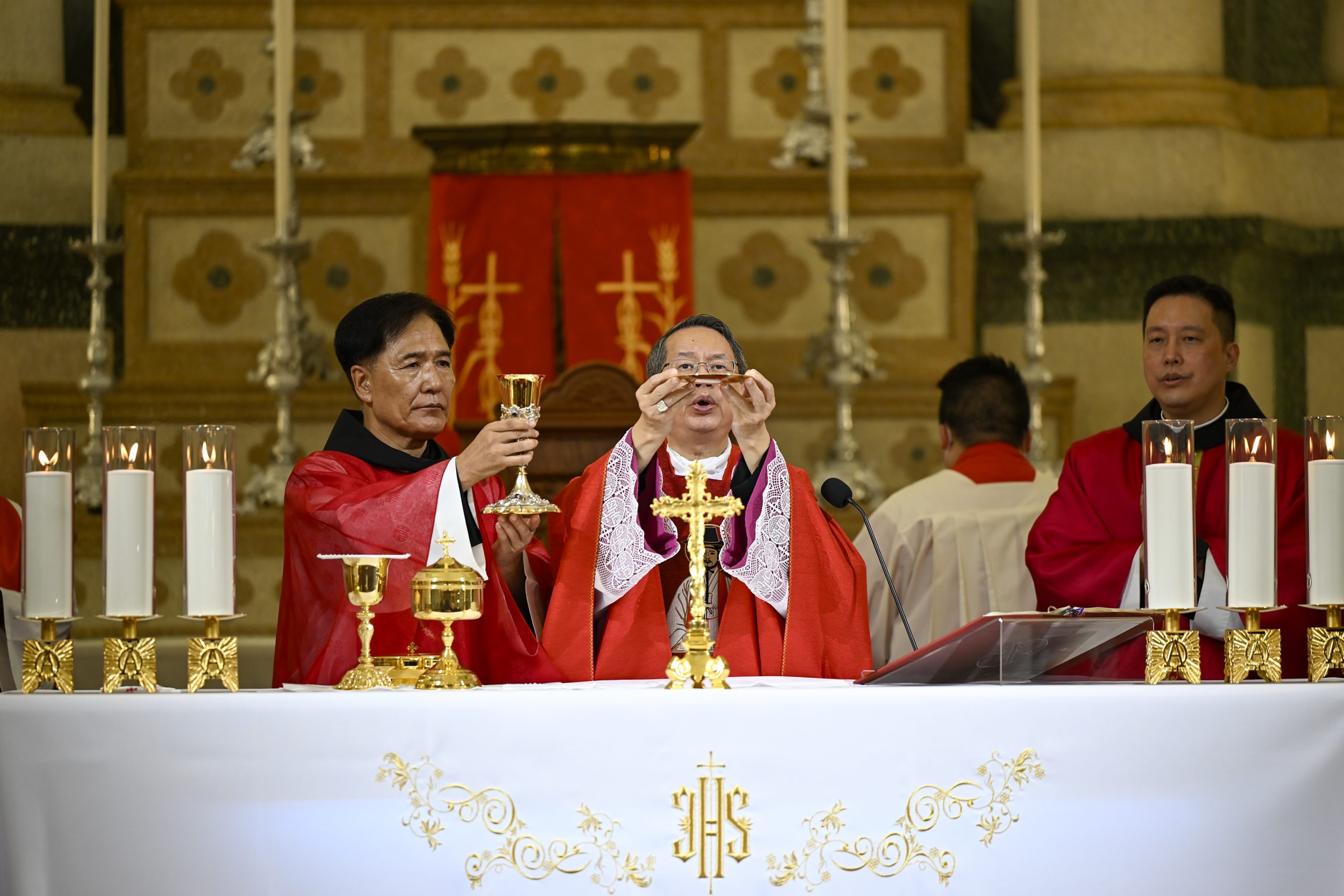Born around 283 in Sardinia, Eusebius became the bishop of Vercelli in 345, where he combined clerical and monastic life. A staunch defender of Nicene orthodoxy, he was exiled for opposing Arianism. During exile, he established a monastic community and continued his ministry. He returned to his diocese after Emperor Constantius II’s death and participated in the Council of Alexandria. Eusebius, who died in 371, is celebrated for his dedication to faith and pastoral work.
